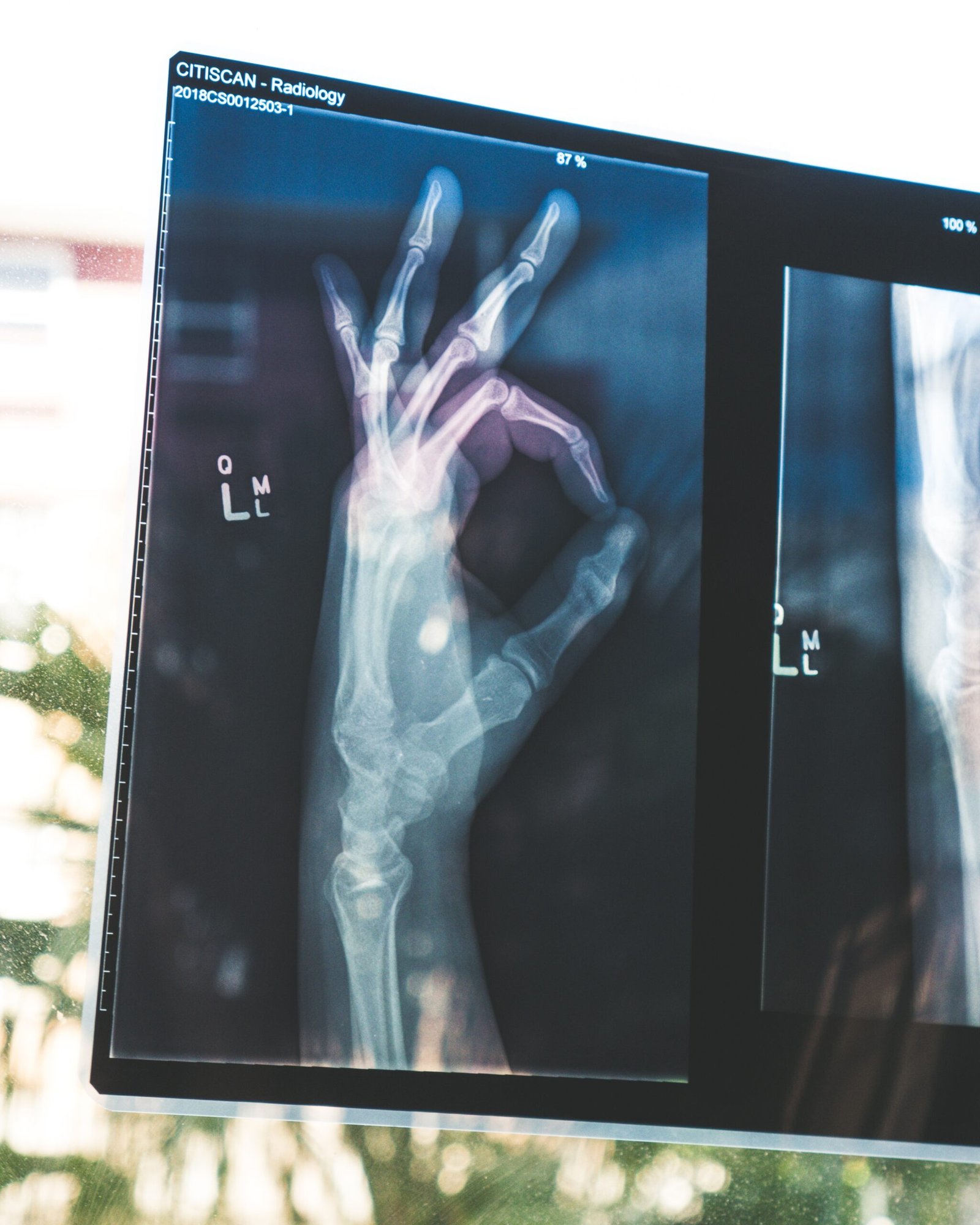Facing an Implantable Cardioverter Defibrillator (ICD) procedure can be a daunting experience. However, with the right mindset and preparation, your ICD procedure hospital stay can be more manageable and even positive. In this article, we will explore practical tips to help you navigate your time in the hospital, ensuring a smooth experience during and after the ICD procedure.
Communication and Support During Hospital Stay
Effective communication with your healthcare team is crucial during your ICD procedure hospital stay. Take the time to discuss any concerns or questions you may have about the ICD procedure. Understanding the details, risks, and benefits will help alleviate anxiety and empower you to make informed decisions. Be open and honest with your doctors and nurses about your feelings and any symptoms you are experiencing. This openness allows them to provide the best possible care and support tailored to your specific needs.
Building a support system is essential for emotional and practical assistance. Having a friend or family member by your side provides emotional support during your hospital stay. Share details about your procedure with someone you trust so they can assist with communication or decision-making if needed. This person can also help keep you calm and provide reassurance when you are feeling anxious or overwhelmed. Their presence can be a significant source of comfort and strength during this challenging time.
Preparing for Your ICD Procedure Hospital Stay
To make your hospital room feel more like home during your ICD procedure hospital stay, bring comfort items such as books, music, or personal mementos. Having familiar surroundings can contribute to a more positive mindset. These items can serve as distractions and provide a sense of normalcy in an otherwise clinical environment. Consider packing a small bag with items that help you relax and feel at ease, such as a favorite blanket, photographs, or a journal.
Understanding pre-procedure guidelines is vital for a smooth ICD procedure. Follow any pre-procedure guidelines provided by your healthcare team, including fasting instructions. If you are on medications, inquire about any adjustments that may be necessary before the procedure. Proper preparation helps ensure that the procedure goes as planned and reduces the risk of complications. If you are unsure about any instructions, do not hesitate to ask for clarification.
Navigating Your Hospital Stay
Asking questions about the procedure, recovery process, and potential complications is essential. A clear understanding of post-procedure care instructions will help you navigate the recovery period more confidently. Do not be afraid to ask your healthcare team to explain anything you do not understand. Knowing what to expect can help you feel more in control and reduce anxiety. Write down any questions you have before your appointments so you can address all your concerns.
Advocating for yourself during your ICD procedure hospital stay ensures that you receive the best care possible. If you experience discomfort or have concerns, communicate these promptly with the healthcare staff. Do not be afraid to speak up if something does not feel right. Your healthcare team is there to help you, but they can only do so if they are aware of your needs. By advocating for yourself, you can ensure that your care is tailored to your specific situation.
Staying informed about the purpose of the ICD and its role in managing your specific cardiac condition is essential. Educate yourself about the device’s features and how it will be monitored to actively participate in your healthcare. Understanding how the ICD works and its benefits can help you feel more comfortable and confident in its use. Ask your healthcare team for resources and information about living with an ICD, including lifestyle adjustments and monitoring. For additional information, the living and caring for an ICD page is a helpful resource.
Post-Procedure Recovery
Prioritizing post-procedure recovery is crucial for a smooth healing process. Know the expected recovery period and any activity limitations. Adhere to instructions for wound care and pain management to facilitate a smoother recovery. Follow-up appointments are vital to monitor your progress and address any issues that may arise. Make sure to keep all scheduled appointments and communicate any concerns to your healthcare team.
Planning for recovery and a smooth transition back home is crucial. Consider any necessary assistance or modifications to your living environment. Schedule follow-up appointments and adhere to post-procedure care guidelines for optimal recovery. Preparing your home for your return can help reduce stress and ensure that you have everything you need for a comfortable recovery. This might include arranging for help with daily activities, ensuring you have easy access to necessities, and setting up a comfortable resting area.
Emotional Well-Being and Long-Term Care
Prioritizing your emotional well-being during your ICD procedure hospital stay is essential. Stay attuned to your emotional state and seek support from available counseling services if needed. Managing the emotional aspects of your recovery is an integral part of the healing process. It is normal to feel a range of emotions, including fear, anxiety, and sadness. Talking to a mental health professional can provide you with strategies to cope with these feelings and support your overall well-being.
Understanding your patient rights is fundamental to ensuring a positive hospital experience. Know your rights as a patient, including the right to make informed decisions about your care. Being aware of your rights empowers you to advocate for yourself and ensures that your care is patient-centric. Your healthcare team should provide you with information about your rights, but you can also ask for resources or visit reputable health websites to learn more. For comprehensive information about living with heart disease, you can refer to the CDC – Living with Heart Disease.
Incorporating these tips into your ICD procedure hospital stay can help create a positive and supportive environment for yourself during and after the ICD procedure. Remember that you are an active participant in your healthcare journey. With the right preparation and mindset, you can navigate this experience with confidence and resilience. Surround yourself with supportive individuals, stay informed about your condition and treatment, and do not hesitate to seek help when needed.
During your hospital stay, take advantage of any resources and support services offered. Many hospitals provide educational materials, support groups, and counseling services specifically for patients undergoing procedures like ICD implantation. Engaging with these resources can provide additional support and information to help you through your recovery.
Maintaining a positive outlook can also play a significant role in your recovery. While it is natural to feel anxious or worried, focusing on the benefits of the ICD and the improvements it can bring to your health can help you stay motivated. Remember that the ICD is a tool designed to protect your heart and improve your quality of life.
Connecting with other ICD recipients can provide valuable insights and support. Consider joining online forums or local support groups where you can share your experiences and learn from others who have undergone similar procedures. These connections can provide a sense of community and help you feel less isolated.
It is also important to follow a healthy lifestyle to support your recovery and overall well-being. Eating a balanced diet, staying hydrated, and getting regular exercise (as advised by your healthcare team) can help you feel better physically and mentally. Avoid smoking and limit alcohol consumption, as these can negatively impact your heart health.
As you prepare for your ICD procedure and hospital stay, take time to reflect on your personal goals and what you hope to achieve with the help of the ICD. Setting realistic, positive goals can give you a sense of purpose and direction during your recovery. Whether it is being able to engage in activities you enjoy, improving your fitness, or simply feeling more secure in your health, having clear goals can motivate you throughout the process.
Stay in close contact with your healthcare team during your recovery. Regular check-ins and follow-up appointments are essential for monitoring your progress and addressing any concerns. Keep a journal or log of your symptoms, questions, and any changes in your health to discuss with your doctor. This proactive approach can help you manage your condition more effectively.
Being proactive about your recovery also means being mindful of potential complications. Learn to recognize signs of infection, such as increased redness, swelling, or discharge at the incision site, and report these to your healthcare team immediately. Additionally, if you experience any unusual symptoms, such as dizziness, shortness of breath, or fainting, seek medical attention right away.
Finally, give yourself time to adjust to life with an ICD. It is normal to have mixed emotions and to take time to adapt to the changes. Be patient with yourself and allow yourself to go through the adjustment period at your own pace. Celebrate small milestones and progress, and do not hesitate to seek support when needed.
By incorporating these practical tips and maintaining a positive and proactive approach, you can ensure a smoother and more manageable experience during your ICD procedure hospital stay. Remember, you are not alone in this journey, and with the right support and preparation, you can navigate this challenging time with confidence and resilience.
For more in-depth insights, check out my book “Understanding ICD Implants: A Comprehensive Guide.”













One Comment